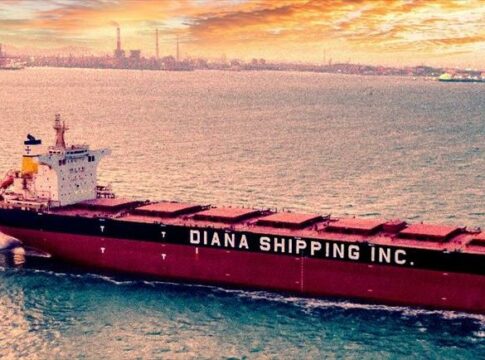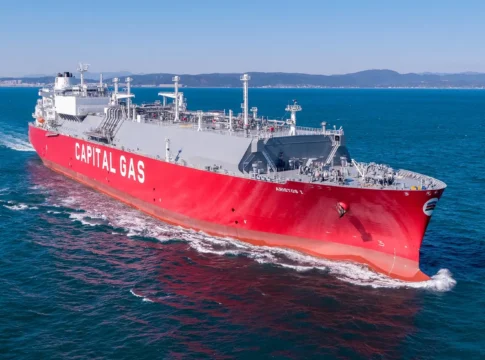Senior officials of the global shipping industry and high-ranking government officials participated in the Shipping Summit entitled “Shaping the Future of Shipping Summit: Navigating global megatrends, mitigating risk and the role of shipping in delivering economic security and prosperity” held at the Athens Conservatory.
The event was co-organized by the Ministry of Maritime Affairs and Insular Policy, the International Chamber of Shipping (ICS) and the Union of Greek Shipowners.
The Summit took place at a critical time for international shipping, with the main focus on the current challenges, such as the implementation of the agreement to reduce greenhouse gas emissions from ships, the energy transition, new fuels and the technological transformations of the sector.
.
Opening the proceedings of the event, the Minister of Maritime Affairs and Insular Policy, Vasilis Kikilias, extended a warm greeting to the international guests, paying special tribute to the presidents of the Union of Greek Shipowners, Melina Travlou, and the International Chamber of Shipping (ICS), Emmanuel Grimaldi.
He referred to the importance of public-private sector cooperation for the successful transition of shipping to the new era, underlining the decisive role of Greece, both historically and today, in shaping the global maritime landscape.
“If we talk about trade, seas and ports, we are talking about Greece,” he noted, referring to the country’s ancient maritime tradition but also to the current dynamics of the Greek fleet, which numbers 5,800 ships and constitutes approximately 20% of the world fleet.
The Minister also raised the issue of European shipping’s competitiveness, requesting support from the EU, while pointing out that any transition towards green shipping should be accompanied by realistic measures and dialogue, without affecting the sustainability of the sector.
Kikilias underlined the critical contribution of the global fleet during the pandemic, citing as an example the transport of necessary health supplies.
In closing, he called on all parties to continue the dialogue with an open mind, emphasizing that shipping is not just a sector of the economy, but a foundation of global stability and prosperity.
After the event, the Minister of Shipping emphasized in his statements that “shipping, along with tourism, real estate and services, is one of the main pillars of the country’s GDP” while reiterating the need to maintain the competitiveness of the European fleet. At the same time, he called on the European Commission to adapt its policies to international data and IMO regulations, so as not to disrupt the relationship between the European framework and the shipping community.
“Europe must understand that our fleet is the biggest bargaining chip, not only for the economy, but also for strengthening its geopolitical position,” he said.














